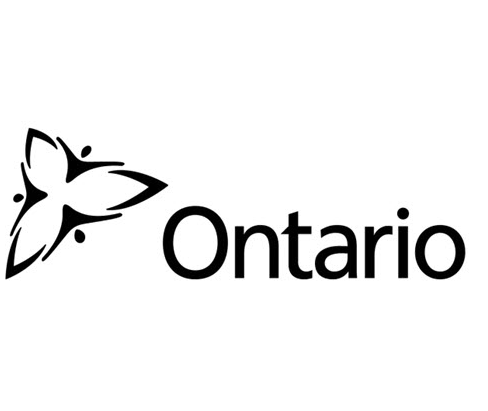THUNDER BAY – The Provincial Government, in consultation with the Chief Medical Officer of Health, has made it mandatory for hospitals and home and community care service providers to have a COVID-19 vaccination policy for employees, staff, contractors, students and volunteers, and for ambulance services to have a COVID-19 vaccination policy for paramedics.
Andy Savela, director of health care for Unifor-Canada, said he and many other members found Tuesday’s announcement frustrating.
“We’ve been, since the outset of the pandemic, encouraging the government to sit down and work with us on a comprehensive policy with respect to the virus, it takes a team to keep the virus out of things like health care facilities, educational facilities, and that,” said Savela.
“You need to shore up staffing, stabilize staffing, and that’s the major issue in a lot of health care facilities, particularly in long term care, because, to combat a virus like this, it’s not all about vaccinations, it’s about personal protective equipment, appropriate cleaning and sanitization from the housekeeping and dietary staff, and those types of things, and today, we’ve never had that conversation.”
The vaccination policies must be effective no later than Sept. 7, 2021, and at a minimum will require these individuals to provide proof of one of three things:
• Full vaccination against COVID-19;
• A medical reason for not being vaccinated against COVID-19; or
• Completion of a COVID-19 vaccination educational session.
Individuals who do not provide proof of full vaccination against COVID-19 will be required to undertake regular antigen testing. These settings will be required to track and report on the implementation of their policies to the provincial government. This is similar to the vaccination policy requirements currently in place for long-term care homes.
The Ministry of Education intends to introduce a vaccination disclosure policy for all publicly-funded school board employees, and staff in private schools as well as for all staff in licensed child care settings for the 2021-22 school year, with rapid antigen testing requirements for staff who are not immunized against COVID-19.
“It’s a step in the right direction, the strong encouragement, if you will, of vaccination for all education workers, we, as an organization, have put together a resolution to mandate it with, of course, room for exceptions.” Mike Judge, President of Lakehead elementary teachers of Ontario, said,
“We’d like to see everybody vaccinated, and, I think, the chief medical officer of health is on record saying this is the best way to curb the pandemic, and keep people safe, and I’ve been on the record from the start saying, lets listen to the experts here.”
The Ontario government is also working with public health units and publicly funded school boards to run voluntary vaccination clinics in or nearby schools to make vaccines accessible for eligible students, their families, educators and school staff returning to school this fall.
Vaccination policies will also be implemented in other higher-risk settings such as:
• Post-secondary institutions;
• Licensed retirement homes;
• Women’s shelters; and
• Congregate group homes and day programs for adults with developmental disabilities, children’s treatment centres and other services for children with special needs, and licensed children’s residential settings.
